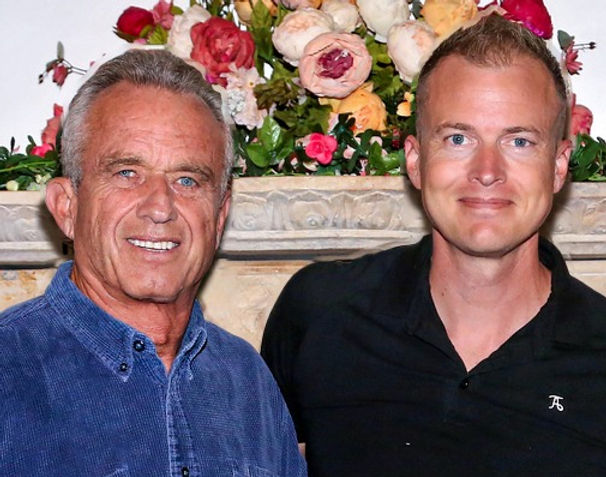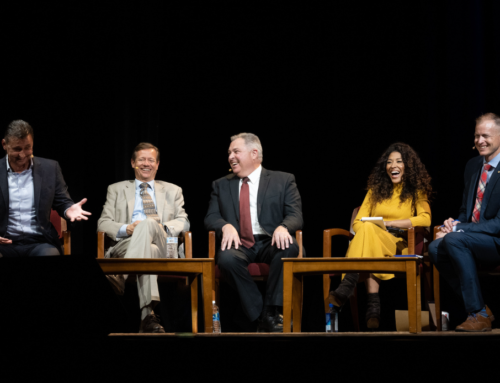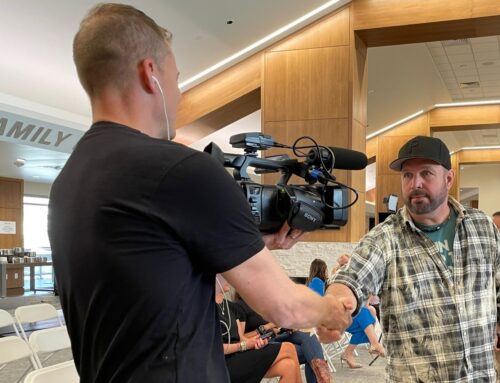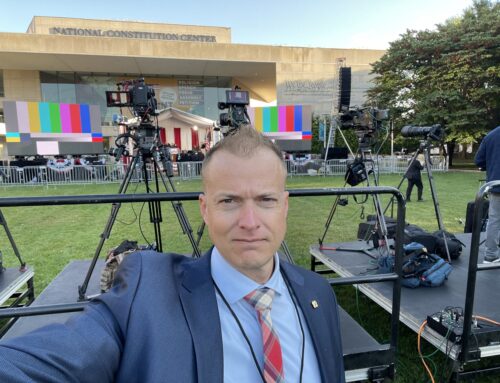Three Communications Lessons I Learned from Working on a Presidential Campaign

Robert F. Kennedy Jr. with Ben Watson
As one of the first staffers invited by Congressman Dennis Kucinich to join the Kennedy 2024 presidential campaign, I had the unique opportunity to be part of a dynamic and fast-paced political and media environment. From being present at Mr. Kennedy’s national broadcast announcement in Philadelphia to developing grassroots campaign strategies for the intermountain west, my role for Team Kennedy provided me with invaluable insights into the world of presidential politics. Here are five key communications lessons I learned during my time on the campaign:
1. Adaptability is Key
Presidential campaigns are ever-evolving and constantly developing, much like building an airplane while flying. To be a successful contributor, it’s important to remain flexible, nimble, and optimistic. When I was in the Army, we sometimes referred to this principle as Semper Gumby (always flexible). Embracing change and being willing to adapt to new and evolving situations is essential in navigating the unpredictable nature of a campaign.
2. Small Decisions Can Have Big Impacts
Regardless of a campaign staffer’s position, every idea is worth bringing to the table. Big things often happen through small decisions, and even seemingly minor contributions can have a significant impact on the campaign’s trajectory. Never underestimate the power of a single idea or suggestion.
I was honored to work for a campaign that valued every team member’s unique perspective and set of skills. By valuing and considering each team member’s contribution, any campaign will benefit from the unique ideas and approaches that may have otherwise gone unnoticed.
3. Personal Communication Matters
Every campaign employee, regardless of their position or title, is seen by the media (and the public) as a potential source of information. Because of this, staffers need to be very aware of what they’re writing and saying, and ensure they’re maintaining professionalism, care, and correctness in their content and demeanor. Be aware of what you’re writing in emails and what you’re posting on social media platforms. And when it comes to interfacing with media organizations, be sure to defer media inquiries to the campaign-designated media point of contact.
As part of my campaign onboarding process, Team Kennedy did a terrific job providing training regarding communications protocols. By investing in communications training, both during the onboarding process as well as periodically throughout the year, a campaign can ensure they maintain a unified and consistent message across all levels of the organization and further mitigate any potential fallout that might result in communication missteps.
For me, working on a presidential campaign was a rewarding experience that not only developed my communications acumen while in support of a cause I believed in, but it also reinforced what I believe are timeless principles of communication and leadership. These three lessons—adaptability, the power of small decisions, and the importance of personal communication—are not only vital for navigating the campaign trail but also for excelling in any high-pressure environment.







